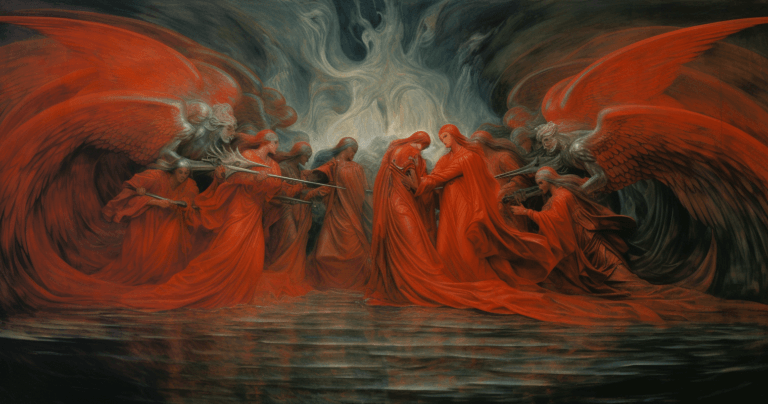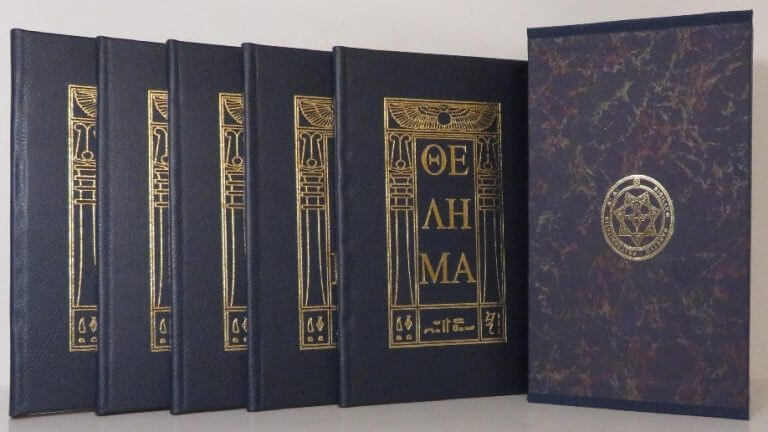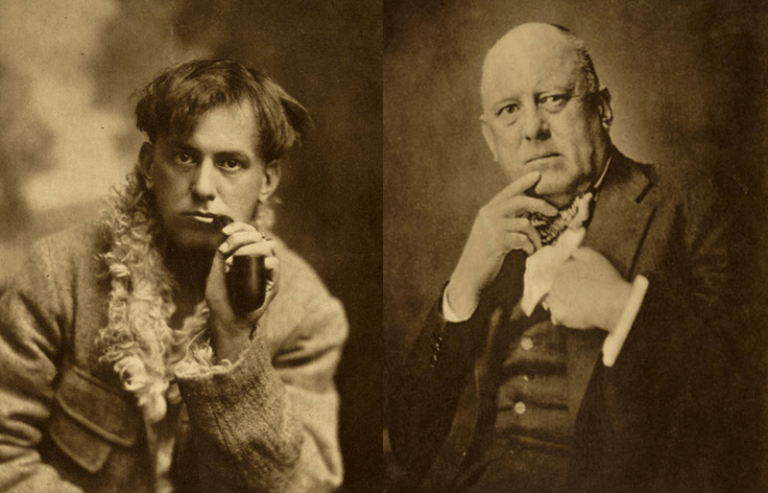Nuit: The Ancient Egyptian Goddess and Her Connection to Thelema
Nuit, the ancient Egyptian goddess of the sky, has captivated the human imagination for thousands of years. Revered as a celestial deity, she is associated with the vast expanse of the night sky and the infinite possibilities it represents. In this article, we will delve into the rich history of Nuit, exploring her origins in Egyptian mythology and her enduring influence on modern spiritual movements, particularly her connection to Thelema.
Ancient Egyptian History:
To understand Nuit’s significance, we must first explore the ancient Egyptian civilization. The Egyptians, known for their intricate religious beliefs, worshipped a pantheon of deities representing different aspects of life. Among them was Nuit, who played a vital role in their cosmology.
Nuit, sometimes spell Nuith, whose name means “sky” or “vault,” was often depicted as a woman arched over the Earth, her body adorned with stars and celestial bodies. She was the daughter of the primordial deities Geb (Earth) and Nut (Sky), and sister-consort of the god Geb. Nuit was believed to provide protection and shelter, symbolizing the cycle of birth, death, and rebirth.
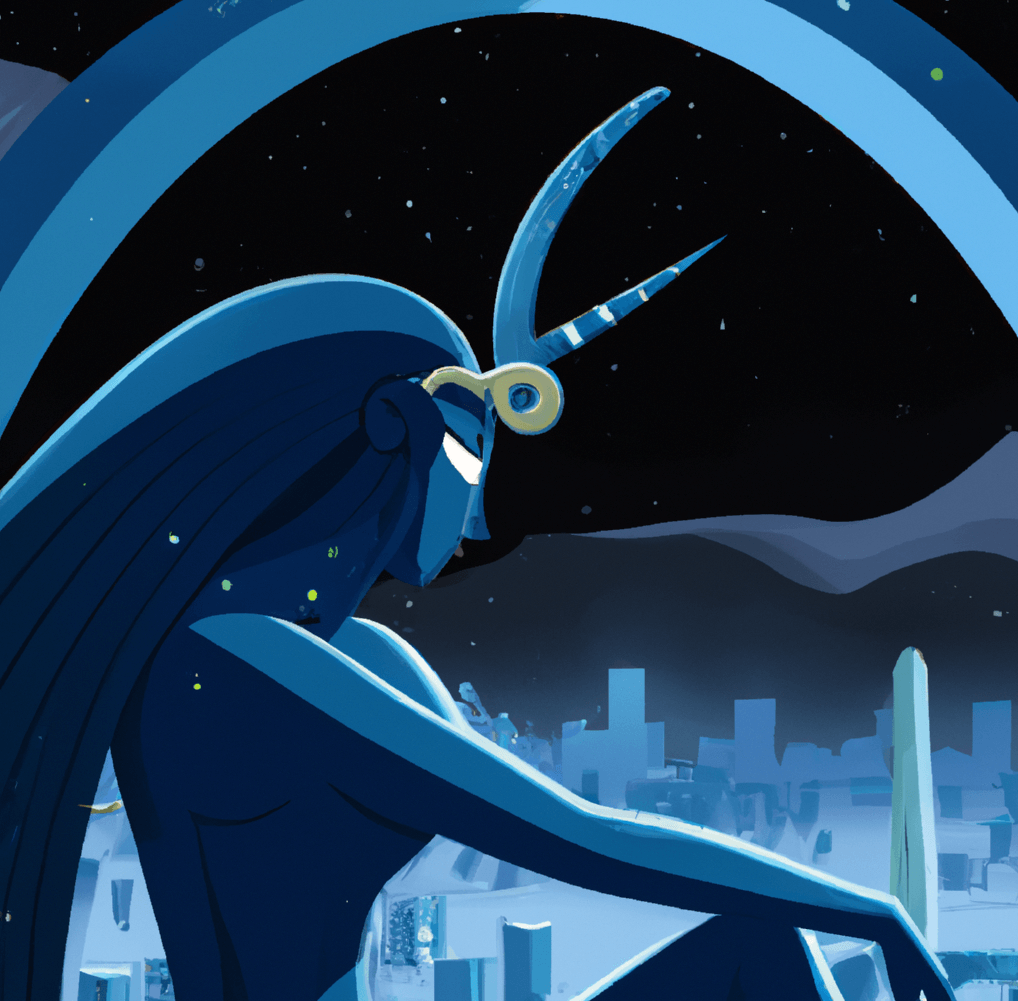
Nuit in Egyptian Mythology:
According to Egyptian mythology, Nuit and Geb were initially fused together, resulting in an unending embrace. However, the god Shu, their son, separated them, creating space between the Earth and the sky. This allowed life to flourish on Earth and established Nuit’s dominion over the heavens.
Nuit’s role extended beyond the physical realm; she was seen as the mistress of fate and time. The Egyptians believed that every soul would ultimately reunite with Nuit after death, becoming a star in her eternal body. This concept highlights her association with immortality and the eternal cycles of life.
Thelema and Nuit’s Revival:
Fast forward to the early 20th century when an influential occultist and philosopher, Aleister Crowley, founded Thelema, a spiritual and philosophical movement. Crowley claimed to have received a revelation from a divine being known as Aiwass, who identified himself as the minister of Hoor-paar-kraat, the god of silence and self-control. Through Aiwass, Crowley received the central text of Thelema, known as “The Book of the Law.”
In The Book of the Law, Nuit is prominently featured as the goddess of the sky and the divine feminine principle. She is described as the “continuous one of heaven,” representing boundless possibilities and infinite potential. Nuit’s essence in Thelema aligns with the Egyptian conception of her as a cosmic force and encapsulates the core principle of Thelema: “Do what thou wilt shall be the whole of the Law.”
Thelema embraces the idea that each individual has a unique purpose or “True Will” and encourages the pursuit of one’s destiny with passion and dedication. Nuit, as the embodiment of the sky and its boundless nature, symbolizes the freedom to explore and manifest one’s desires without constraint.
Rituals and Practices:
In Thelema, practitioners engage in ritualistic practices to commune with Nuit and other deities within the Thelemic pantheon. These rituals often involve recitation of sacred texts, invocations, and ceremonial acts. The aim is to establish a deep connection with the divine and gain insight into one’s True Will.
Adherents of Thelema may also invoke Nuit through the practice of meditation, contemplating her qualities of expansiveness, creativity, and liberation. By attuning themselves to Nuit’s energies, practitioners seek to align their actions with their innermost desires and aspirations.
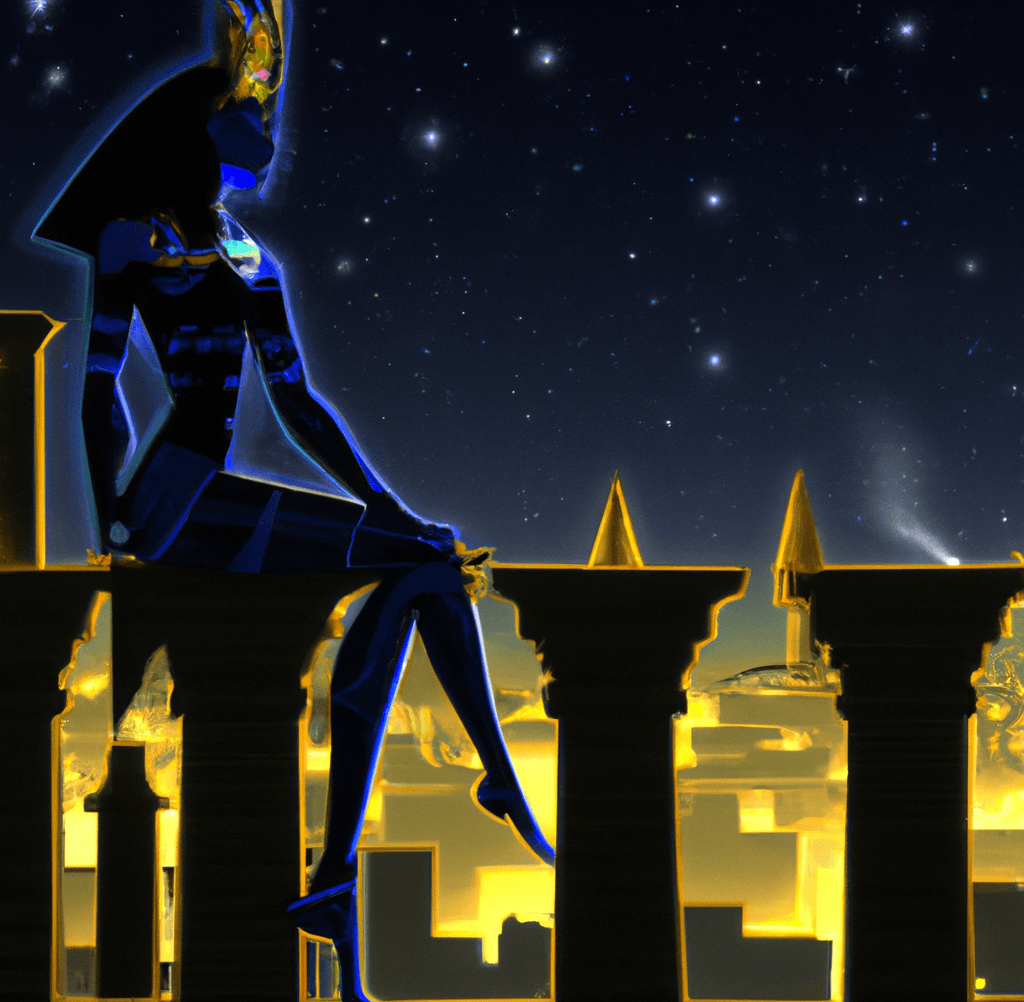
Conclusion:
Nuit, the ancient Egyptian goddess of the sky, has transcended time and culture, leaving an indelible mark on both ancient mythology and modern spiritual movements. Her depiction as a celestial deity in Egyptian cosmology resonates with the core principles of Thelema, emphasizing the pursuit of one’s True Will and the boundless possibilities available to each individual.
As we continue to explore and interpret the mysteries of Nuit, her symbolism and archetypal significance continue to inspire spiritual seekers, reminding us of the infinite potential within ourselves and the vastness of the universe that stretches above us. Nuit’s enduring presence in Thelema serves as a bridge between ancient wisdom and contemporary spiritual practices, inviting us to embrace our own divine nature and unlock the limitless potential of our being.

